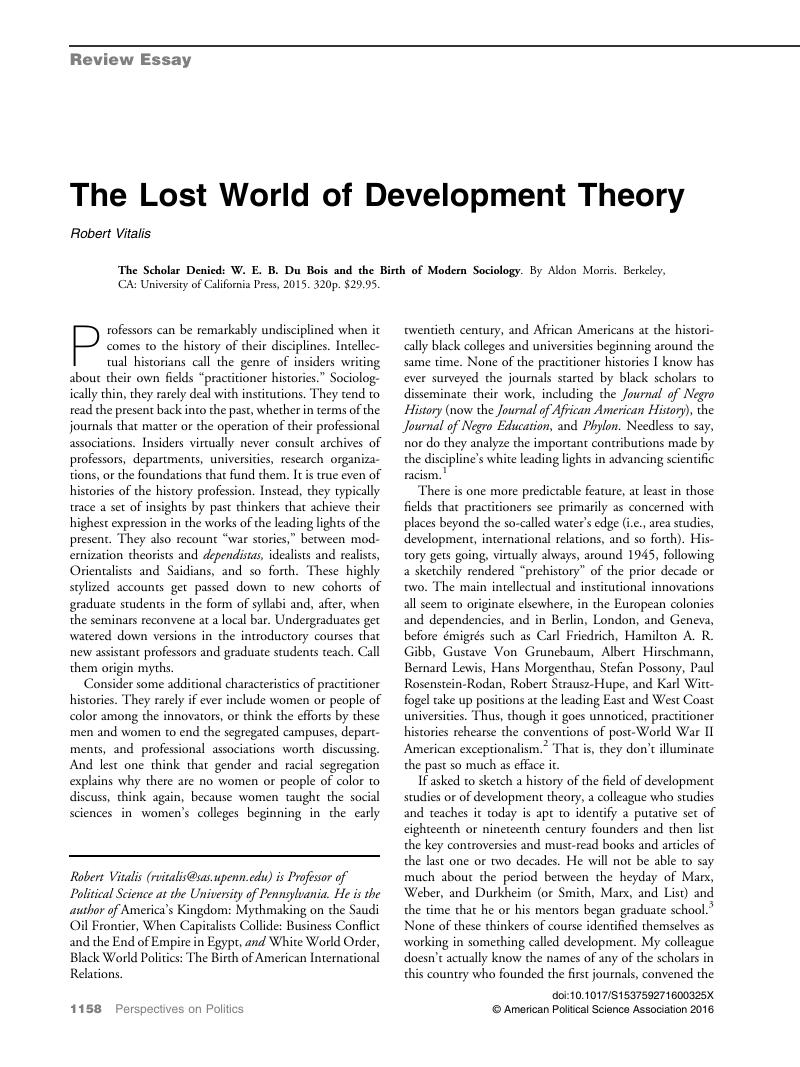Crossref Citations
This article has been cited by the following publications. This list is generated based on data provided by Crossref.
Adalet, Begüm
2021.
Cold War Social Science.
p.
315.
ADALET, BEGÜM
2024.
An Empire of Development: American Political Thought in Transnational Perspective.
American Political Science Review,
p.
1.





